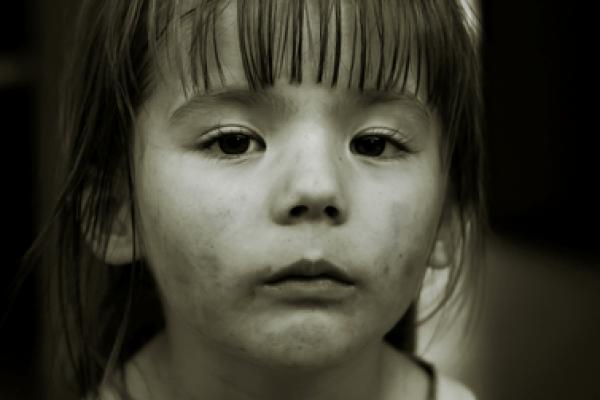SOON AFTER Dr. Michael Hendryx assumed a professorship of health policy management at West Virginia University, he started hearing stories of sick people in Appalachian communities near mountaintop removal coal mining operations. Finding no scientific research that examined the correlation between mountaintop removal and community health, Hendryx and his colleagues began overseeing family health surveys and compiling health data from the Centers for Disease Control and Prevention.
Since 2011, Peter Illyn of Restoring Eden (Christians for Environmental Stewardship) has recruited and led student volunteers from Catholic and evangelical Christian colleges in conducting door-to-door community health surveys for Hendryx’s research. Typical volunteer experiences, according to Illyn, include “aha” epiphanies and deepening conversions to God’s justice. Alex Gerrish, a recent Samford University (Birmingham, Ala.) graduate, recalls a searing experience. Her survey team visited a home located close by two mountaintop removal (MTR) operations, where a mother answered the door. She said, “I’m trying to get my son down for a nap,” explaining that her two-year-old had a heart defect. “Now’s not a good time to talk.” Two days later the team revisited the home to be met by an older, tear-stained woman. “I’m sorry,” she said. “My grandson passed away a couple days ago.” He never woke up from his nap. As Gerrish stood in shock, she recalled the statistics on high birth-defect rates in communities with mountaintop removal operations.
Now, more than two dozen published peer-reviewed studies show a high correlation between populations living amid MTR operations and very high rates of morbidity, asthma, chronic obstructive pulmonary disease, heart disease, cancer, and birth defects.
Read the Full Article

